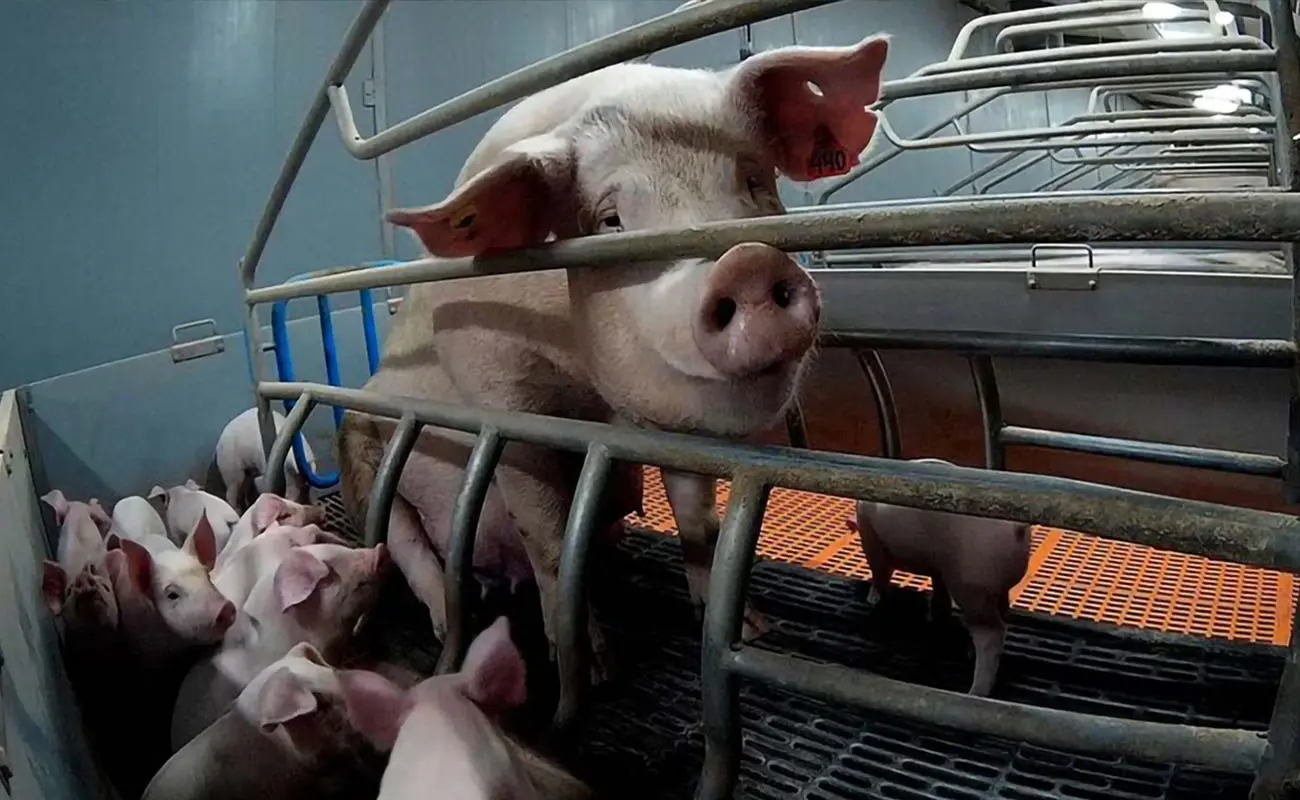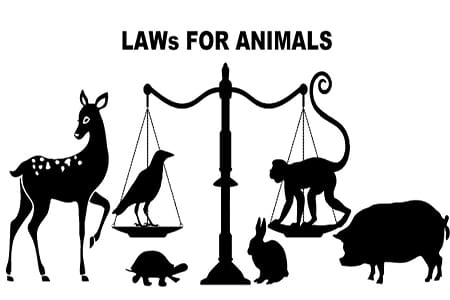This category highlights the pivotal role that personal choices play in shaping a more compassionate, sustainable, and equitable world. While systemic change is essential, everyday actions—what we eat, what we wear, how we speak up—carry the power to challenge harmful norms and influence broader societal shifts. By aligning our behaviors with our values, individuals can help dismantle industries that profit from cruelty and environmental harm.
It explores practical, empowering ways people can make a meaningful impact: adopting a plant-based diet, supporting ethical brands, reducing waste, engaging in informed conversations, and advocating for animals within their circles. These seemingly small decisions, when multiplied across communities, ripple outward and drive cultural transformation. The section also addresses common barriers such as social pressure, misinformation, and access—offering guidance for overcoming them with clarity and confidence.
Ultimately, this section encourages a mindset of conscious responsibility. It emphasizes that meaningful change doesn’t always begin in legislative halls or corporate boardrooms—it often starts with personal courage and consistency. By choosing empathy in our daily lives, we contribute to a movement that values life, justice, and the health of the planet.
Imagine a world where compassion drives our decisions, animals are free from suffering, and the Earth is nurtured for future generations. Veganism offers this possibility—a lifestyle that transcends dietary choices to champion animal welfare, environmental sustainability, and personal health. By rejecting the cruelty of factory farming and reducing our ecological footprint, veganism empowers individuals to take meaningful action against climate change while fostering a kinder relationship with all living beings. Explore how adopting plant-based living can spark positive change for animals, the planet, and ourselves


























































